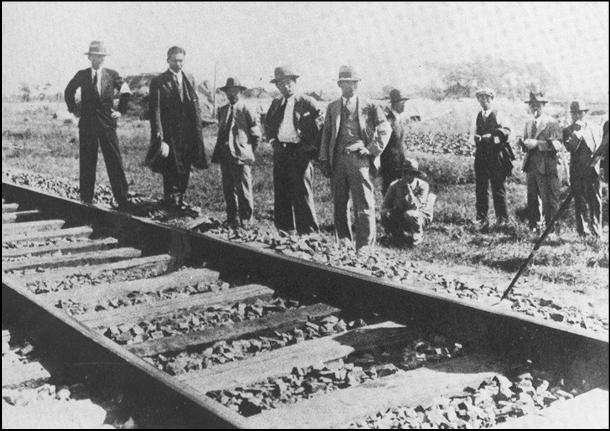Today marks the 85th anniversary of the 1931 Mukden Incident (also known as the Manchurian Incident), when Japanese troops staged a bombing of their own railway by placing explosives near the train tracks. Even though the explosion did minimal damage and a train managed to pass the damaged section soon thereafter, this "attack" was blamed on the Chinese and used as a pretext to invade and pacify Manchuria. This was the beginning of the Fifteen Year War (1931-45), a Japanese-instigated conflagration that caused widespread regional devastation. China suffered the brunt of that mayhem, which is why this day has become engraved in the collective memory as a trauma inflicted by Japan.
The Manchuria-based Kwantung Army assassinated Manchurian warlord Zhang Zuolin in 1928, but the plotters were not disciplined, thus encouraging extremism. Some of these conspirators subsequently staged the 1931 incident that precipitated wider hostilities, hijacking Japan down a path that lead to the Nanking Massacre in 1937 and Pearl Harbor in 1941.
The League of Nations sent the Lytton Commission to investigate Japan's seizure of Manchuria. It did not implicate Japan as the aggressor and accepted at face value that Chinese were responsible for the train bombing. However, the commission found that Japan's subsequent military pacification of the region was not justified and questioned the legitimacy of Manchukuo, the puppet state Japan established in 1932 in Manchuria.

















With your current subscription plan you can comment on stories. However, before writing your first comment, please create a display name in the Profile section of your subscriber account page.